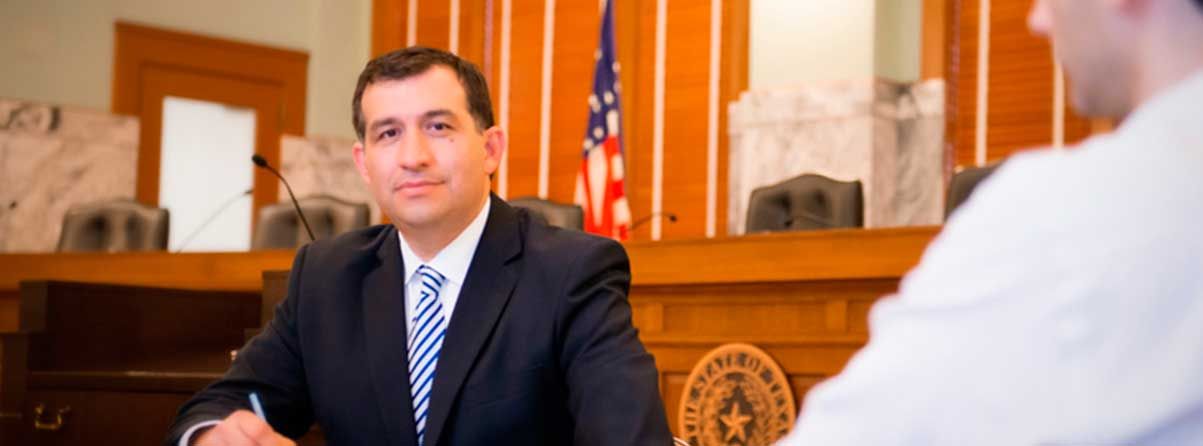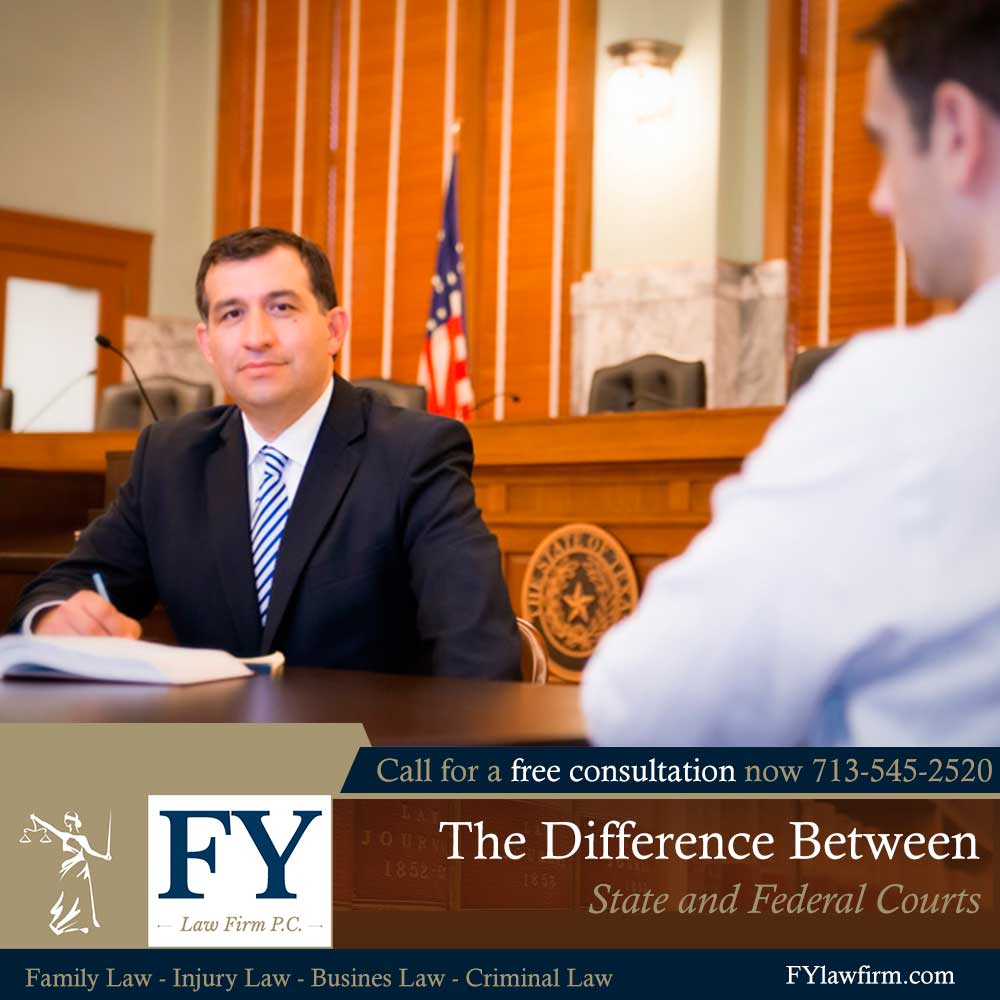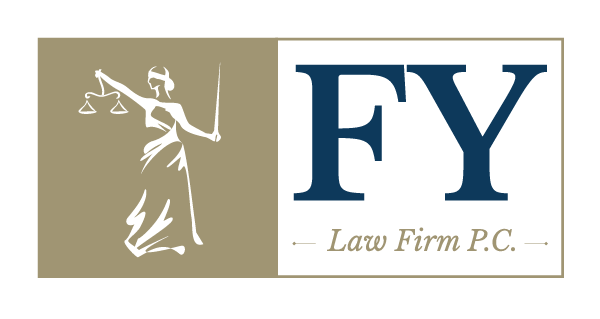
Federal Crimes in Texas
The Difference Between State and Federal Courts
The primary distinction is that state and local courts are authorized to hear cases involving the laws and citizens of their state or city, while federal courts decide lawsuits between citizens of different states, cases against the United States, and cases involving specific federal laws.
The federal court hears your case if:
- The case involves violations of the U.S. Constitution, treaties or federal laws,
- It is a legal dispute between citizens of different states or foreign citizens,
- It is a bankruptcy, copyright, patent and maritime law case, or
- It’s a criminal matter listed in the U.S. Code.
The United States Supreme Court is the only Federal court mentioned in the U. S. Constitution. Article III provides that “The judicial power of the United States, shall be vested in one Supreme Court, and in such inferior courts as the Congress may from time to time ordain and establish.”
Congress, over time, has created federal district courts, where trials take place and federal circuit courts of appeal to hear the appeals from the district courts. While there are fewer federal decisions, they are often of national importance. The U. S. Supreme Court is the last stop on the judicial journey. It doesn’t hear every case that comes its way, but decides which cases to review and decide. The legal term for the order to review a decision of a lower court is granting certiorari often shortened to “granting cert.”
Federal judges are appointed and, per Article III of our Constitution, “shall hold their offices during good behaviour, and shall, at stated times, receive for their services, a compensation, which shall not be diminished during their continuance in office.” In other words, they’re appointed for life and get paid for their work. Federal Magistrate Judges are appointed for limited terms and typically hear disputes involving discovery and other subsidiary issues.
State or local courts hear:
- Cases concerning laws passed by state legislature or local authorities,
- Most family law cases, personal injury suits, contract disputes, traffic violations, and
- Criminal cases.
State courts handle a far larger number of cases and have more contact with the public than the federals courts do. The state courts are three tier courts with a trial level court, an appellate court and a supreme court. The number of judges that hear a case varies from state to state, but most trial courts have one judge while appellate courts have three to five. Most State Supreme Courts have 7 or 9 justices. State court judges are either appointed or elected.
There are generally two trial level courts. The district courts, for example, decide landlord-tenant, small claims, traffic violations, civil cases with claims up to $25,000 and all misdemeanor criminal cases (generally, cases where the accused, if found guilty, cannot be sentenced to more than one year in the county jail).
The circuit court hears all civil cases with claims of more than $25,000, all felony or more serious criminal cases, family law cases, probate matters, juvenile delinquency and cases involving the state constitution. In addition, the circuit court hears cases appealed from the other trial courts or administrative agencies.
Each state has the appellate courts that hear appeals from the trial courts. The number of appeals courts varies with the size of the state and the number of cases. .
Source: MillerLawPc
If you are undocumented and need Legal Help for DWI or DUI, Without a License, Drugs' Possession or Domestic Violence. You can contact Attorney Frank Yeverino (713) 545-2520, who specializes in Undocumented Criminal Defense of the, he will take personally the call to assist you directly and quickly. The Fy Law Firm helps you.

Federal Crimes in Texas.
Drunk Driving, Driving Under the Influence DWI, Driving Under the Influence DUI, Accidents, Personal Injury Compensation, Claim for Personal Injury, Personal Injuries, Possession of Drugs, Criminal, Drug Related Offenses, Drug traffic, Possession of Marijuana, Domestic violence, False Charges of Violence, Arrest for Domestic Violence, Family Cases, Divorces, Legal Custody of Children, Child Support, Alimony, Driving without a Driver's License, Driving without a License, Arrest for Driving without a License, Drive with Expired License, Locate my husband with the ID, Federal Crimes, Undocumented, Criminal Defense for the Undocumented, Criminal Defense for Immigrants, Defense for Immigrants, The Fy Law Firm.

